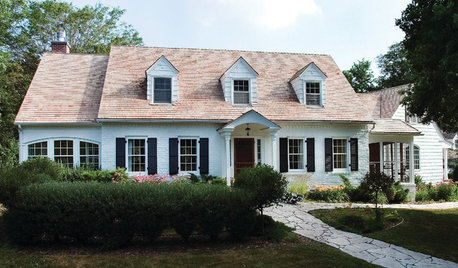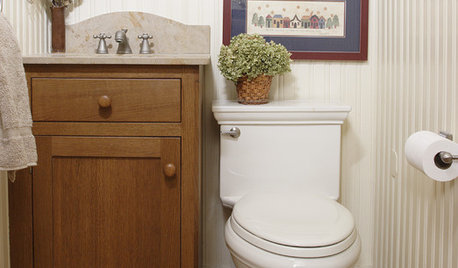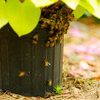erm, what are these?
User
11 years ago
Related Stories

TRADITIONAL ARCHITECTURERoots of Style: Georgian Homes Offer Familiarity Through the Ages
Americans have been embracing this interpretation of classical architecture since the 1700s. Does your home show off any Georgian details?
Full Story
GARDENING AND LANDSCAPING30 Dream Decks for Lounge Lovers
Magical settings and dazzling views create decks that are so dreamy, you won't want to leave
Full Story
SELLING YOUR HOUSEHow to Decorate for the Holidays When Your Home Is for Sale
You can make your home appealing to potential buyers and still celebrate the season. Here are 7 tips to keep in mind
Full Story
HOUSEKEEPINGWhat's That Sound? 9 Home Noises and How to Fix Them
Bumps and thumps might be driving you crazy, but they also might mean big trouble. We give you the lowdown and which pro to call for help
Full Story
DECORATING GUIDESGive That Coffee Table an Extra Shot of Style
Corral necessities neatly or add an eye-catching base for display with a tray that sets off your table or ottoman
Full Story
KITCHEN DESIGN10 Outdoor Kitchens to Flip Over
Whether you're flipping burgers on Memorial Day or kicking back while someone else cooks, these kitchens hit the spot
Full Story
DECORATING GUIDESHow to Restyle the Foot of Your Bed
Adorn your bed end with a petite table, stool, love seat or other pretty piece of functional decor
Full Story
HOUZZ TOURSMy Houzz: A Fort Worth Cottage to Make Your Heart Sing
Choosing for love leads to delightfully unexpected colors, patterns and artworks in a Texas couple’s home
Full Story
TRADITIONAL HOMESHouzz Tour: English Country Home in the American South
This Charlotte, North Carolina, showhouse offers ideas for a fresh, family-friendly take on traditional design
Full Story
DECLUTTERINGGet It Done: Clean Out Your Bedroom Closet
You can do it. Sort, purge, clean — and luxuriate in all the extra space you’ll gain — with this motivating, practical how-to
Full Story









Steve Massachusetts
Gesila
Related Professionals
La Marque Landscape Architects & Landscape Designers · Parole Landscape Architects & Landscape Designers · Vernon Hills Landscape Architects & Landscape Designers · Bridgeview Landscape Contractors · Brookfield Landscape Contractors · Cicero Landscape Contractors · El Reno Landscape Contractors · Paso Robles Landscape Contractors · Sun City Center Landscape Contractors · Thonotosassa Landscape Contractors · Fullerton Driveway Installation & Maintenance · Cartersville Fence Contractors · San Rafael Fence Contractors · Santa Fe Fence Contractors · Santa Maria Solar Energy Systemsbkay2000
bkay2000
UserOriginal Author
UserOriginal Author
UserOriginal Author